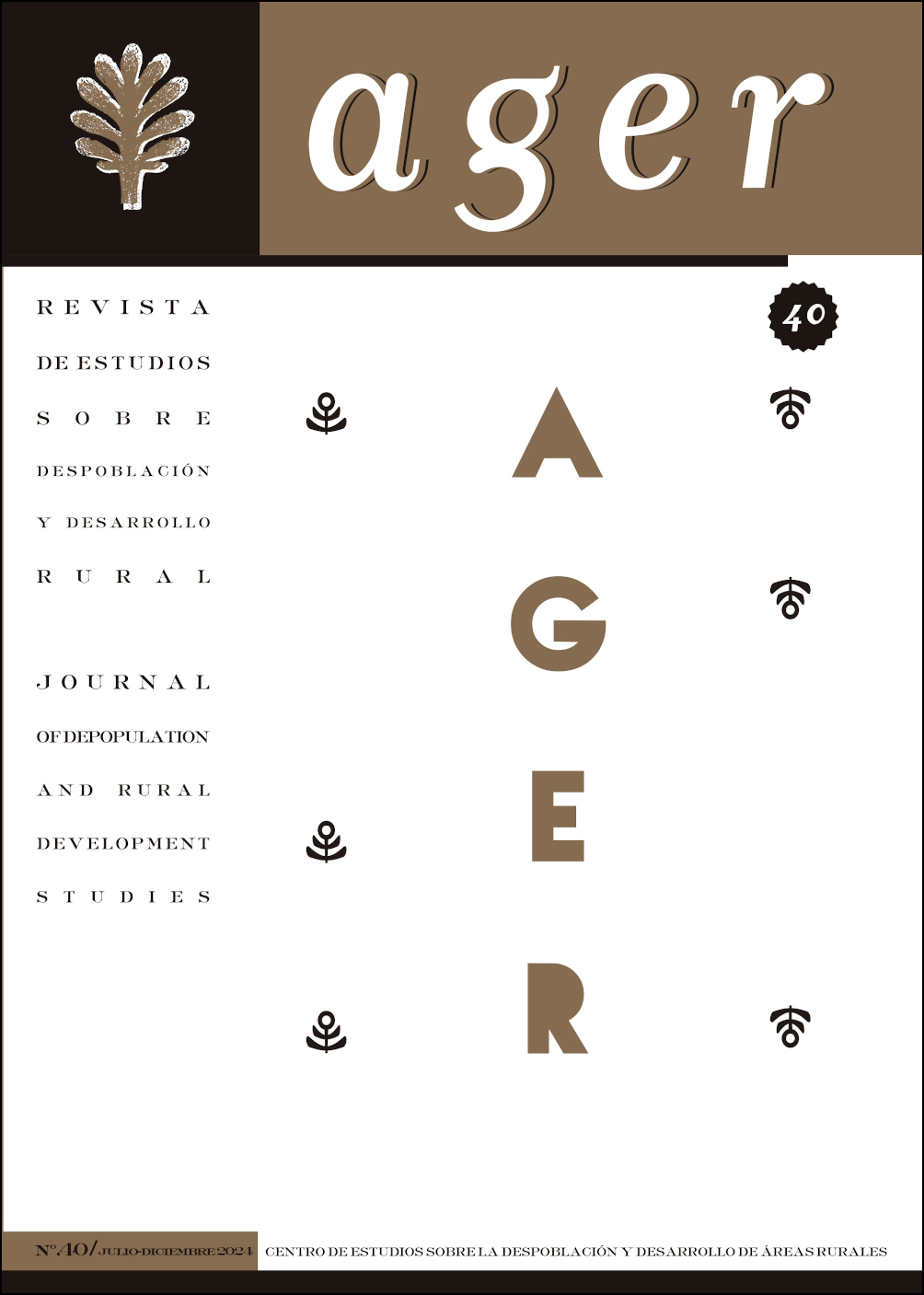Transición logística de enclaves agroexportadores: estándares de calidad y nuevas relaciones de valor (Murcia, España)
Abstract
In analyses of the global agri-food chain, logistics and transport often take a back seat. However, the logistics channel plays a central role in a context where large retailers dominate logistics activities within their supply chains. This article examines how the commercial rationality of large retailers influences the restructuring of logistics activities in agro-export enclaves. The objective is twofold: to study the governance of the logistics sector in the Region of Murcia by supermarkets and the role played by quality standards in this process. The results show that the control of export logistics by European distribution chains has favoured the evolution of long-distance transport in the Region of Murcia towards standardised techno-intensive logistics that go beyond the traditional function of goods distribution. This transition allows supermarkets to extract more value and reinforces processes of corporate concentration and subordination within the logistics sector. The study takes a qualitative approach to the issue, based on in-depth interviews with Murcian logistics and transport companies that provide their services to European supermarket chains.
Downloads
Published
How to Cite
Issue
Section
License

This work is licensed under a Creative Commons Attribution-NonCommercial-NoDerivatives 4.0 International License.
Authors who publish in this journal agree to the following terms:
a. Authors retain their copyright and grant the journal the right of first publication of their work, which will be simultaneously subject to the Creative Commons Attribution Licence, which allows third parties to share the work provided that the author and the journal's first publication are acknowledged.
b. Authors may enter into other non-exclusive licensing agreements for the distribution of the published version of the work (e.g., depositing it in an institutional repository or publishing it in a monographic volume) provided that the initial publication in this journal is acknowledged.
c. Authors are permitted and encouraged to disseminate their work via the Internet (e.g. in institutional digital archives or on their website), which may lead to interesting exchanges and increase citations of the published work. (See The effect of open access).

